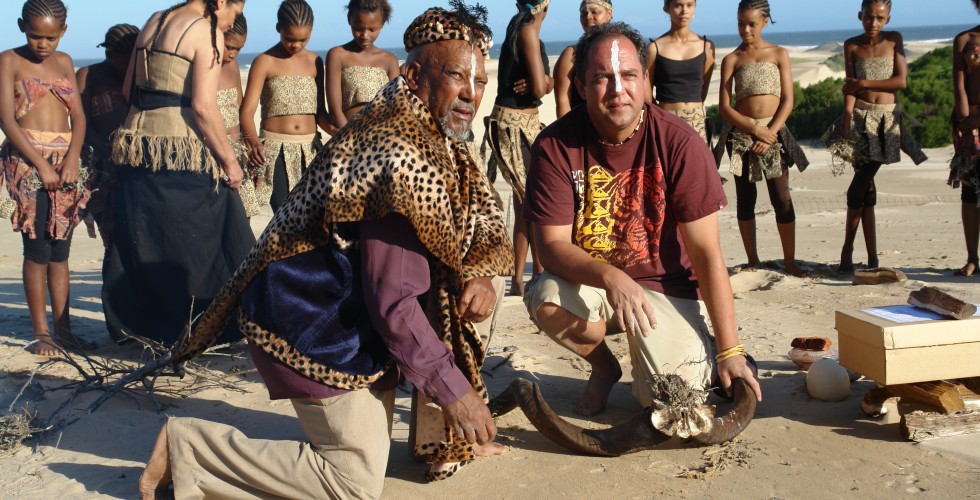Personal Information
On the 14 February 2018, President Jacob Gedleyihlekisa Zuma announced his resignation with immediate effect, following years of scandals and internal disputes. The ruling African National Congress (ANC) formally asked Zuma, 75, to resign but he initially refused, saying he did not understand why he was being told to step down. The party then stated it would go on to undertake a vote of no confidence, and this is the decision which led to Zuma ultimately choosing to resign.
The event was broadcast live on the South African Broadcasting Corporation (SABC). Zuma’s resignation followed an African National Congress (ANC) caucus meeting regarding the matter. “I will continue to serve the people of South Africa and the ANC. I will dedicate my life to continuing to work for the execution of the policies of our organisation. The ANC should never been divided in my name. I have therefore come to the decision to resign as president of the republic with immediate effect.”, Zuma said in his official statement.
The party stated that it was a painful and difficult decision to make. The speaker of the National Assembly, Baleka Mbete received his letter of resignation. The new President of South Africa, Cyril Ramaphosa, was elected on 15 February 2018 at 14h00.Ellen Elmendorp was born in the Netherlands and is a freelance documentary photographer based in South Africa.She has lived in Poland, Spain, Argentina, Finland, Cuba, Rumania, and England where she studied photography at the London Polytechnic.In 1988 after living and working in Europe and Latin America, she moved to Johannesburg where her first job was picture editor at the independent photo agency Afrapix and after living and working in Europe and Latin America.
Personal Information
Personal Information
Personal Information
Ndlovu Youth Choir

Indigenous Knowledge Project
